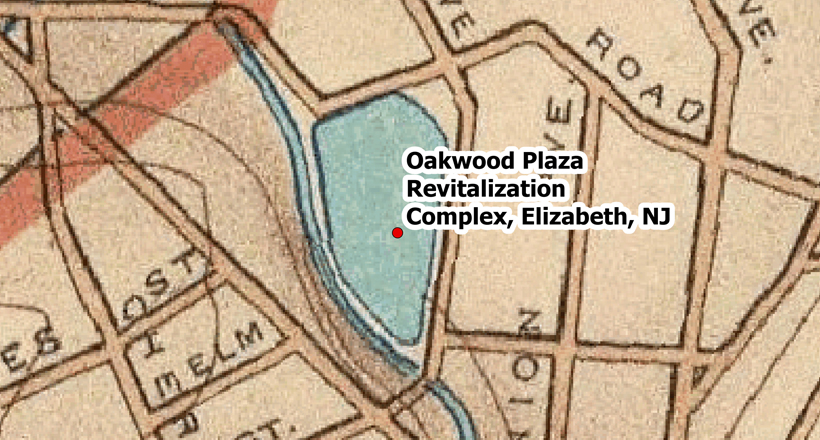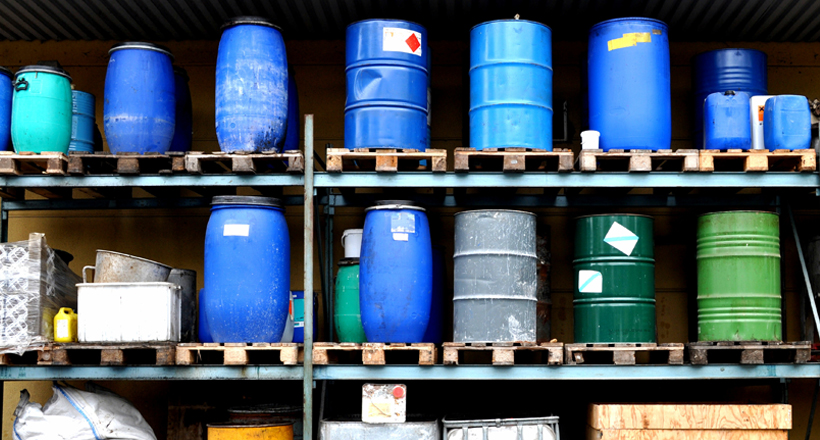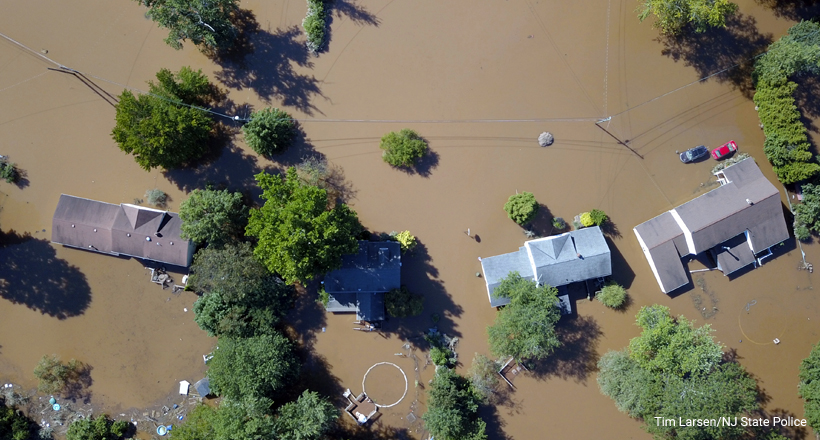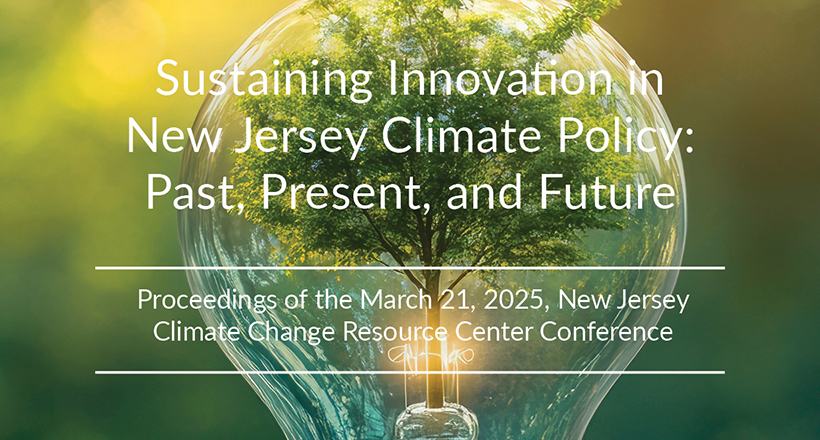Carbon Mitigation Research and Monitoring at Duke Farms
Researchers at the Rutgers Climate and Energy Institute are conducting a multi-year study of carbon sequestration in partnership with Duke Farms in Hillsborough, N.J., to compile data and devise strategies for the management of natural and working lands as a natural climate solution.
The study is designed to identify land management and farming practices that maximize the capture – and minimize the release – of greenhouse gases. The goal is to make Duke Farms “carbon neutral” or even “carbon negative,” meaning the property stores as much or more carbon than it emits as greenhouse gases from its operations and supply chain. If successful, land management methods developed at Duke Farms will serve as a model for land managers throughout New Jersey and beyond.
The study is comprised of three phases:
• Sampling soil and vegetation to measure carbon in the various land use types found at Duke Farms’ 2,742-acre property, including forests, flood plains, pasture lands, grasslands, turf grass, and farmland;
• Estimating Duke Farms’ baseline carbon stocks and potential for carbon sequestration based on field sampling guided by soil maps, vegetation and terrain data, and computer modeling; and
• Estimating Duke Farms’ greenhouse gas emissions from its own operations including its supply chain and visitor travel in comparison to the amount of net carbon stored at Duke Farms.
Research Team
Daniel Giménez
Department of Environmental Sciences, Rutgers University-New Brunswick
Marjorie Kaplan
Rutgers Climate and Energy Institute
Uta Krogmann
Department of Environmental Sciences, Rutgers University-New Brunswick
Richard Lathrop
Department of Ecology, Evolution, and Natural Resources, Rutgers University-New Brunswick
Stephanie Murphy
Department of Plant Biology, Rutgers University-New Brunswick
Karina Schäfer
Department of Earth and Environmental Sciences, Rutgers University-Newark
Supported by funding from Duke Farms, a center of the Doris Duke Foundation.








